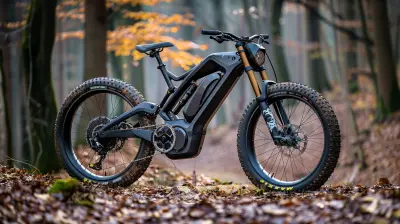Urban Mobility Redefined: The Rise of Electric Bicycles
23 July 2025
The way we move around cities is changing fast. With traffic congestion worsening, public transport overcrowding, and environmental concerns growing louder, people are looking for smarter, greener alternatives. Enter the electric bicycle (e-bike)—a game-changer in urban mobility that’s redefining how we commute. But is this just a passing trend, or are e-bikes truly the future of city transportation? Let’s dive deep and find out.
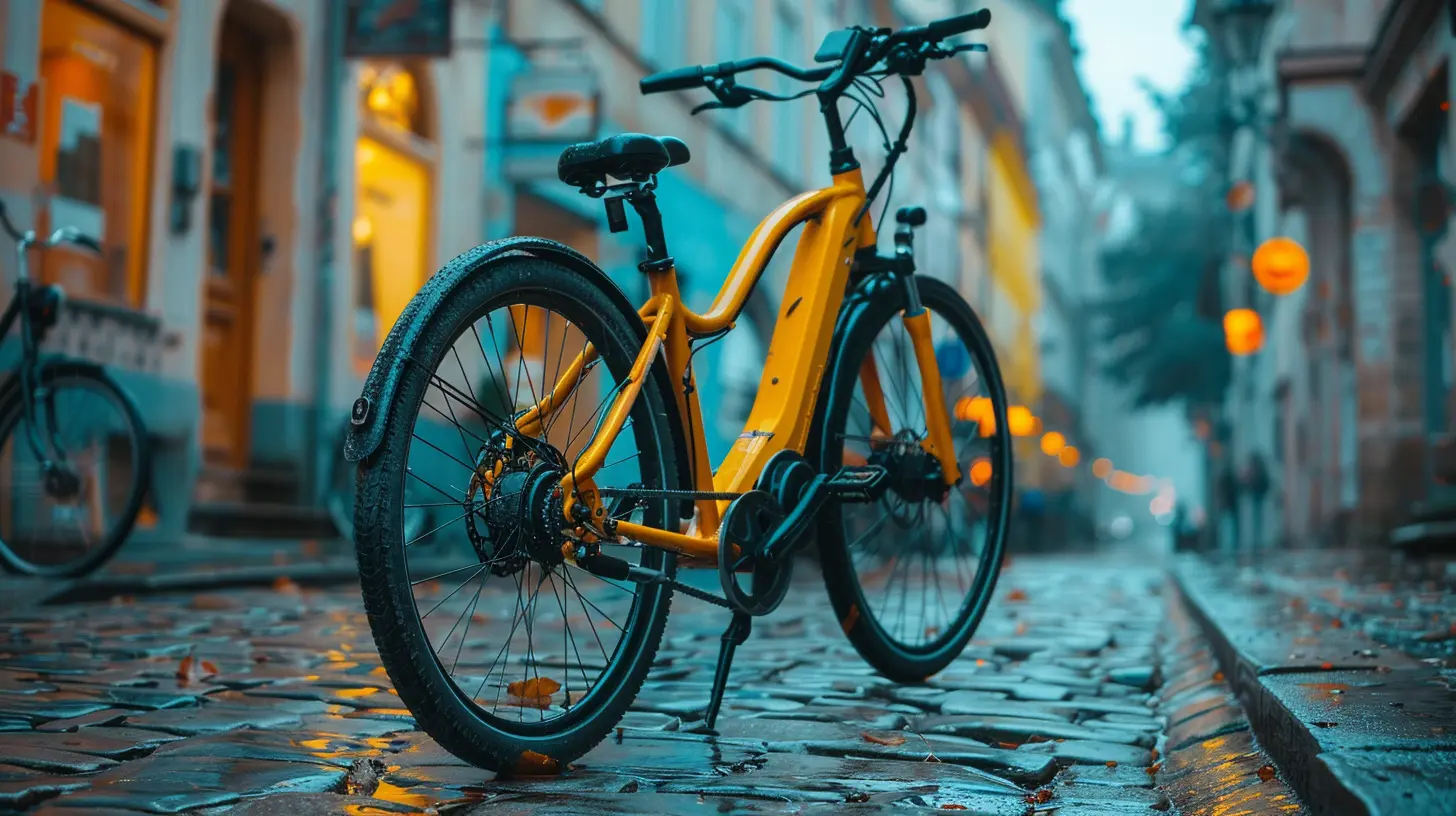
The Urban Transportation Crisis
Before we talk about how e-bikes are reshaping urban mobility, it's important to understand the problem they're solving. City streets are clogged with cars, leading to painful commutes, endless honking, and rising pollution levels. Public transport, while essential, is often unreliable, slow, and packed during rush hours.For years, people have searched for better alternatives—walking, cycling, carpooling, and even scooters. But each of these has its own limitations. Walking is great, but impractical for long distances. Traditional bikes are awesome for fitness but can be exhausting on hilly routes or long rides. That’s where e-bikes come in.
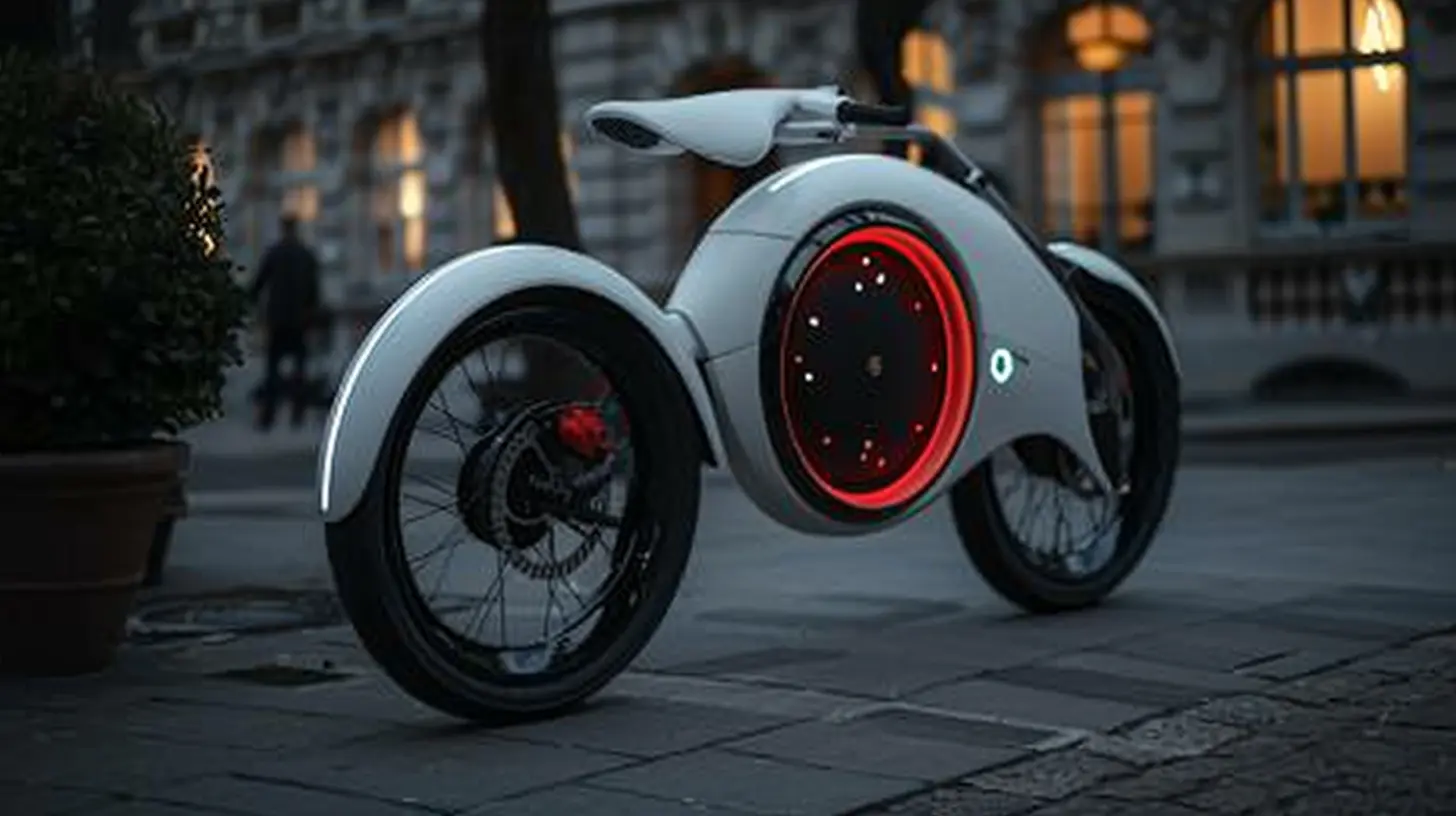
What Makes Electric Bicycles Special?
E-bikes are not just bicycles with a battery—they are a revolution on wheels. They blend the efficiency of bicycles with the power of an electric motor, making urban travel effortless, fast, and sustainable.1. Pedal Assist & Throttle Modes
Most e-bikes come with two modes:- Pedal Assist: The motor kicks in when you pedal, giving you an extra boost.
- Throttle Mode: Similar to a scooter—just twist the throttle, and off you go without pedaling.
This means you can still get exercise when you want, but also take it easy when you're tired or in a hurry.
2. Speed & Convenience
Unlike traditional bicycles, e-bikes allow you to cruise at speeds of up to 20-28 mph, depending on the model. This makes commuting much faster without the exhaustion of regular biking.3. Sustainability Advantage
With climate change becoming a major concern, many cities are pushing for greener transportation. E-bikes produce zero emissions, consume very little electricity, and reduce dependence on fossil fuels. Compared to cars, the carbon footprint is almost negligible.4. Cost Savings
Think an e-bike is expensive? Compare it to owning a car. There are no fuel costs, no expensive maintenance, no parking fees, and no insurance headaches. Even compared to public transport, e-bikes can save you hundreds of dollars a year.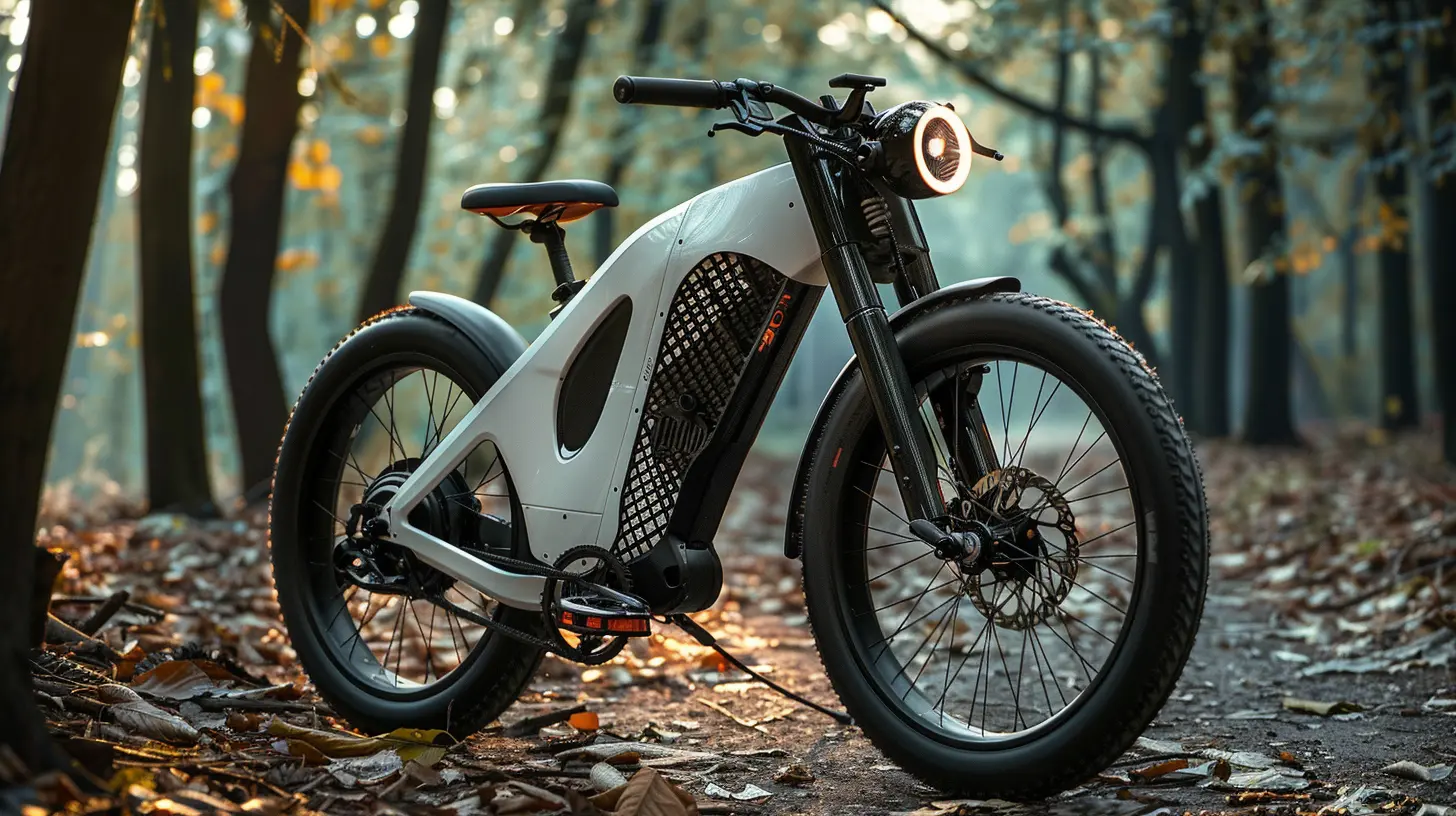
Why E-Bikes Are Perfect for City Life
1. Beating Traffic Jams
Sick of sitting in hours of traffic? E-bikes can weave through congestion, use bike lanes, and take shortcuts that cars simply can’t. This makes them one of the fastest ways to commute in urban areas.2. No Sweat, No Stress
One of the biggest complaints about regular biking is arriving at work drenched in sweat. E-bikes solve this problem by assisting you when needed, making your ride smooth and effortless.3. Easy Parking
Finding a parking spot in the city is a nightmare. With an e-bike, you don’t have to worry about parking fees or wasting time circling the block. Just lock it up outside your destination and you’re good to go.4. Public Transport Alternative
With urban populations growing, buses and trains are getting more crowded than ever. If you’re tired of packed commutes and unreliable schedules, switching to an e-bike can give you independence and flexibility.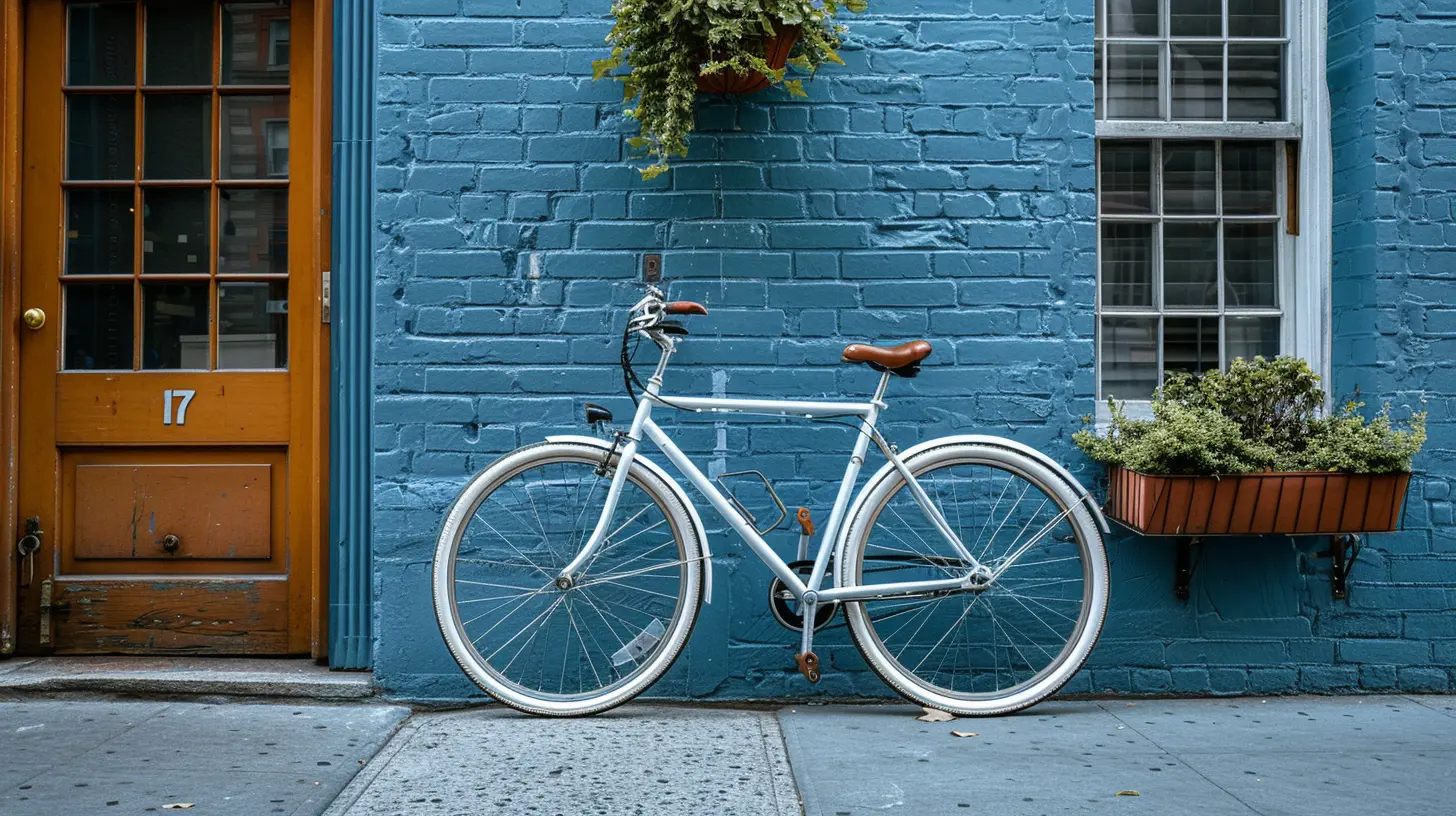
Challenges & Concerns Surrounding E-Bikes
Despite their advantages, e-bikes are not without challenges. Here are some issues that need addressing:1. Initial Cost
Compared to traditional bicycles, e-bikes can be pricey. A good quality e-bike can set you back anywhere from $1,000 to $5,000. However, when you weigh it against car expenses, the long-term savings make up for it.2. Battery Life & Charging
Most e-bikes can travel anywhere from 25 to 100 miles on a single charge, depending on the battery capacity, terrain, and rider weight. Charging usually takes 3-6 hours. While this is manageable, running out of battery mid-ride can be inconvenient.3. Safety Concerns
Because e-bikes are faster than regular bikes, they require extra caution. Riding at high speeds in busy city streets demands helmets, lights, and awareness of traffic rules.4. City Infrastructure
Many cities still lack dedicated bike lanes, making cycling (electric or not) a risk. Until urban planning becomes more bike-friendly, riders will have to be extra cautious.The Future of E-Bikes in Urban Mobility
E-bikes are not just a trend—they’re here to stay. As battery technology improves, prices decrease, and cities become more bike-friendly, e-bikes will only become more popular. Governments worldwide are recognizing their potential and implementing incentives, dedicated lanes, and rental programs to encourage adoption.1. Government Incentives
Many cities now offer tax credits, subsidies, and rebates for e-bike purchases, making them more accessible to the public.2. Smart E-Bikes & Connectivity
The future of e-bikes is getting smarter. With features like GPS tracking, anti-theft technology, and app integration, they are evolving into connected mobility solutions.3. Integration with Public Transport
Some cities are integrating e-bike-sharing programs with public transport networks, allowing seamless travel from buses and trains to e-bikes.4. Expansion of Bike Infrastructure
More bike lanes, dedicated parking spaces, and better cycling infrastructure are on the rise. This will make commuting safer and more convenient for e-bike users.
Conclusion: Are E-Bikes the Future of Urban Transport?
All signs point to yes. E-bikes solve multiple urban transportation problems, offering a faster, cheaper, and greener way to navigate cities. While challenges like cost and infrastructure still exist, the increasing adoption of e-bikes proves that they are more than just a passing fad.As cities continue to grow and transportation becomes a bigger headache, e-bikes provide a practical and enjoyable alternative. Whether you're looking to save money, stay eco-friendly, or simply commute stress-free, an e-bike might be the best investment you can make.
So, are you ready to ditch the traffic and ride into the future?
all images in this post were generated using AI tools
Category:
Electric BicyclesAuthor:

Marcus Gray
Discussion
rate this article
1 comments
Layne Cross
Pedal-powered and eco-friendly—charge ahead!
August 10, 2025 at 4:25 AM

Marcus Gray
Thank you! Embracing pedal power is key to sustainable urban mobility. Let's keep pushing for greener solutions!

